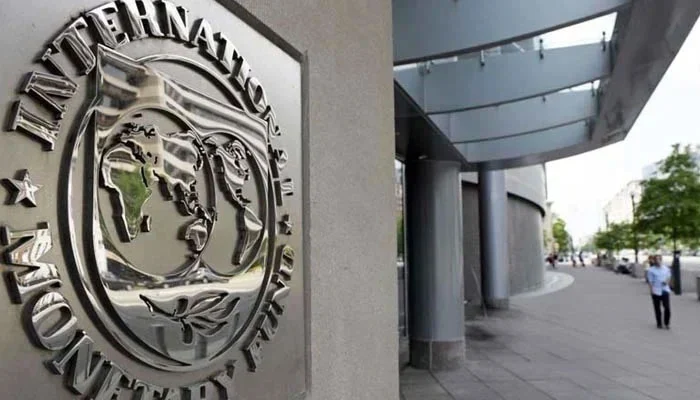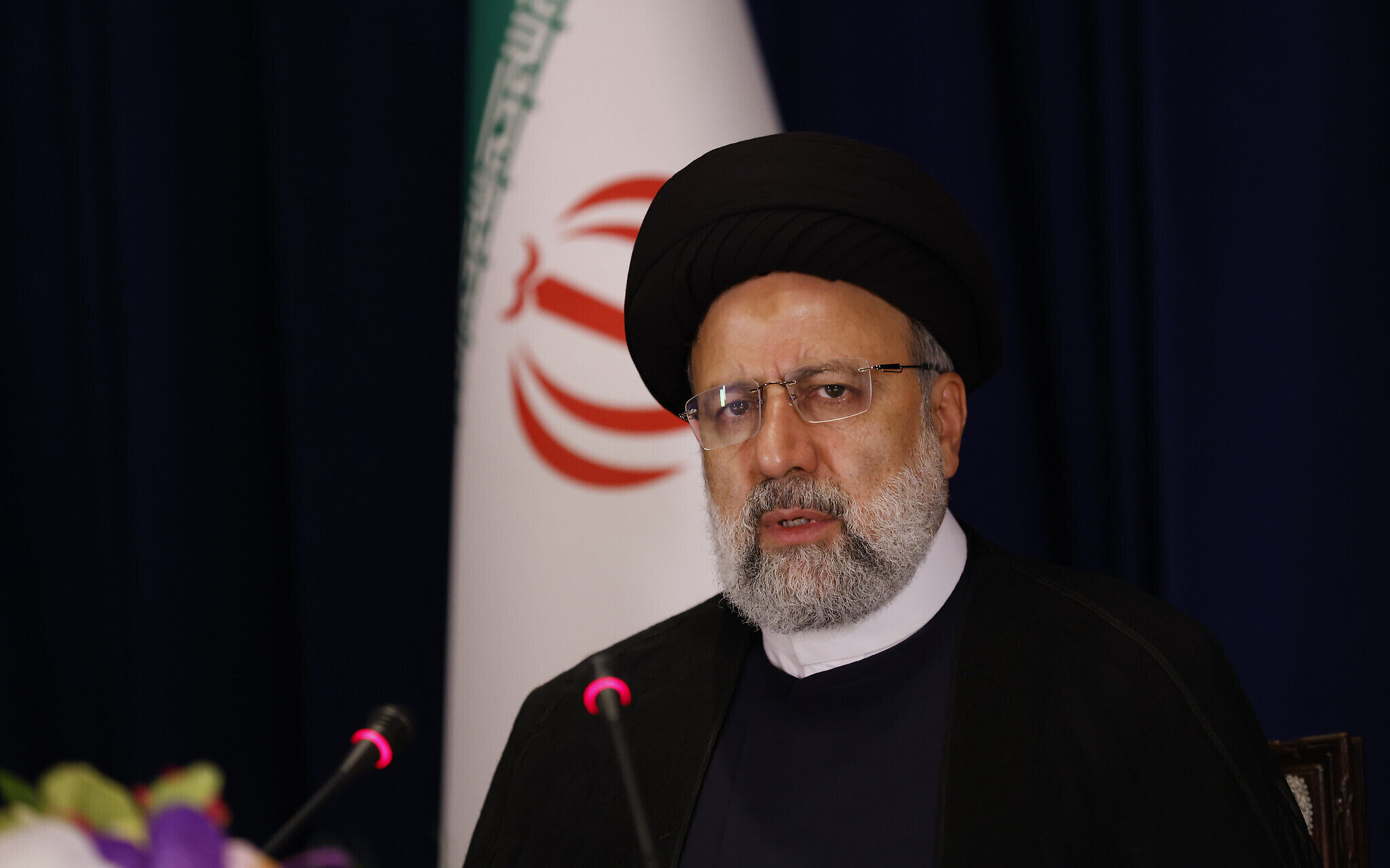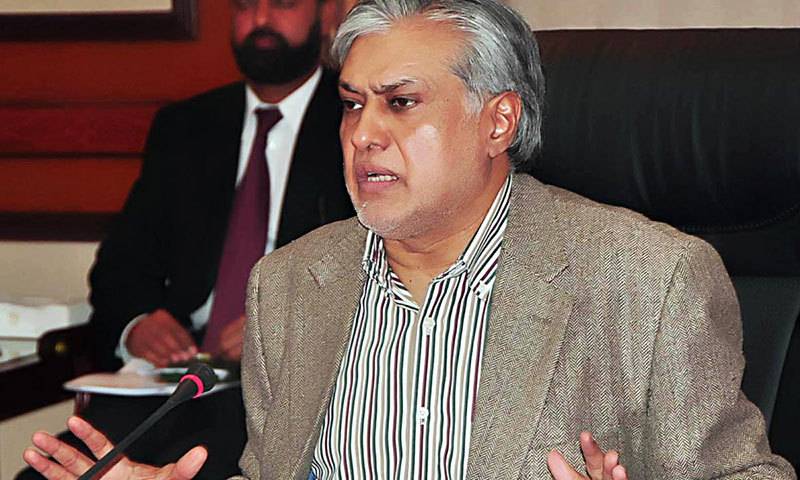PTBP Web Desk
The President of the Supreme Court Bar Association of Pakistan (SCBAP), Mian Muhammad Rauf Atta, met with representatives from the Governance and Corruption Diagnostic Assessment team of the International Monetary Fund (IMF) in Islamabad. This meeting, held on Friday, was aimed at discussing strategies to eliminate corrupt practices and improve judicial efficiency to foster an environment conducive to foreign investment.
Accompanying President Atta were notable figures from the legal fraternity including Hassan Raza Pasha, Member of the Pakistan Bar Council, Muhammad Aurangzeb Khan, Additional Secretary SCBAP, and Mir Attaullah Langove, President of the High Court Bar Association, Balochistan. The agenda was broad, touching upon critical issues that affect both the judicial system and the broader economic landscape of Pakistan.
One of the focal points of the discussion was the inefficiencies within Pakistan’s judicial system. President Atta highlighted the persistent backlog of cases in lower and district courts, attributing this to an insufficient number of judges. He proposed the adoption of Alternative Dispute Resolution (ADR) methods as a viable solution to reduce the burden on courts, thereby enhancing public access to justice. This initiative is seen as a step towards making the judiciary more responsive and effective.
The meeting also delved into strategies for combating corruption across government departments. The emphasis was on promoting good governance through legal reforms that not only strengthen the judicial hierarchy but also make the system more transparent and accountable. The discussions underscored the necessity of eradicating financial crimes to revitalize the economy, with President Atta advocating for stringent measures to ensure this.
The SCBAP President also shed light on the existing system of punishment and reward within the judiciary. He pointed out that the Supreme Judicial Council, as per constitutional provisions, deals with complaints against judges of the higher judiciary, while high courts manage issues pertaining to district judges. He referenced a recent case where a Supreme Court judge was removed from office following a complaint to the Supreme Judicial Council, illustrating the active enforcement of accountability measures.
Throughout the dialogue, President Atta reaffirmed his commitment to upholding the rule of law, which he described as fundamental to democratic society. He also emphasized the SCBAP’s dedication to the constitution, the supremacy of institutions, and the independence of the judiciary. These principles are seen as vital for both legal integrity and economic stability.
The meeting concluded on a positive note, with both parties expressing gratitude and a mutual interest in fostering more frequent engagements. Such collaborations are expected to pave the way for continuous improvements in governance and judicial practices, which are crucial for Pakistan’s economic growth and international relations.




